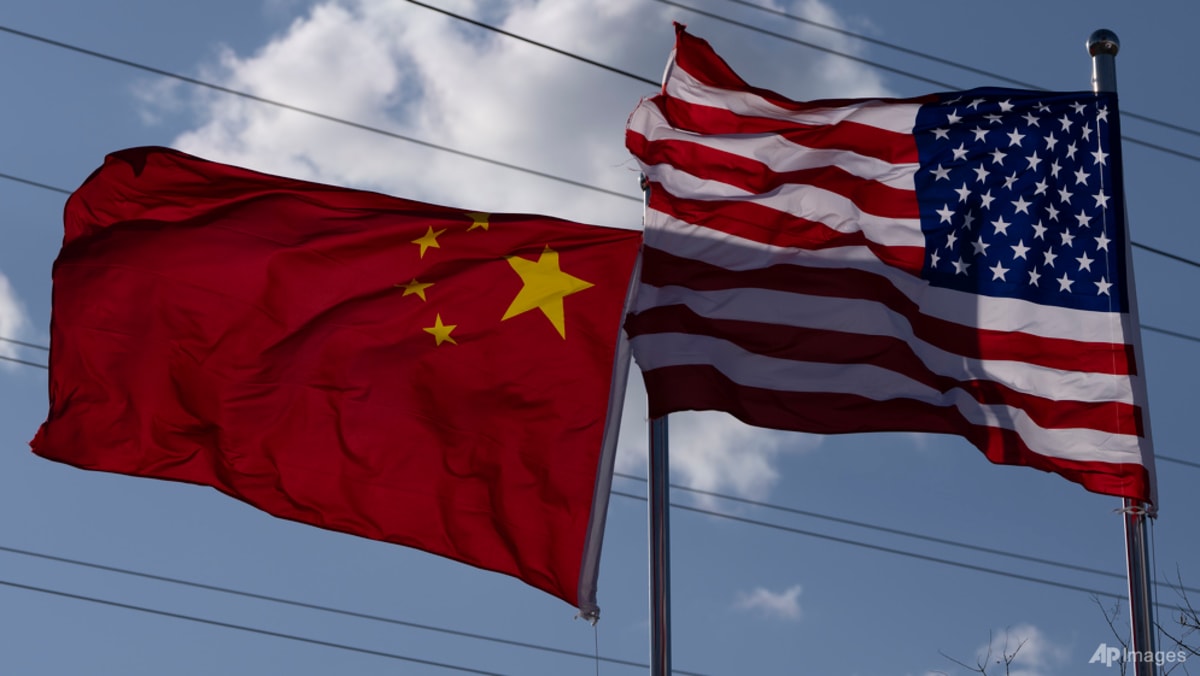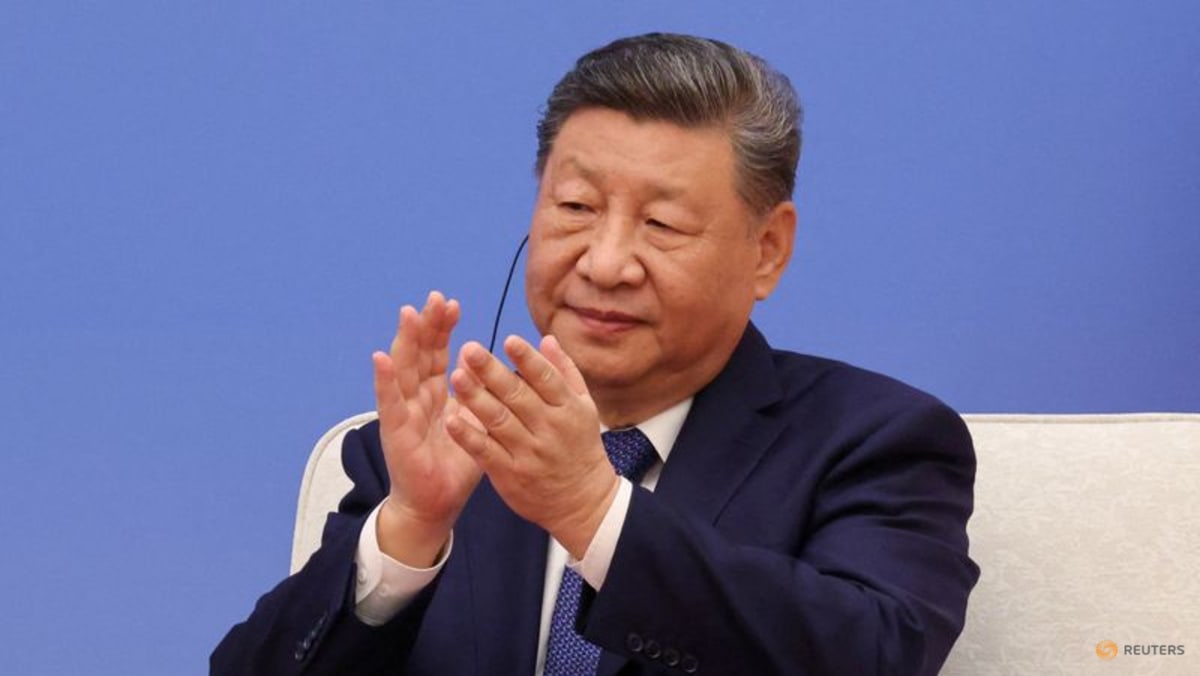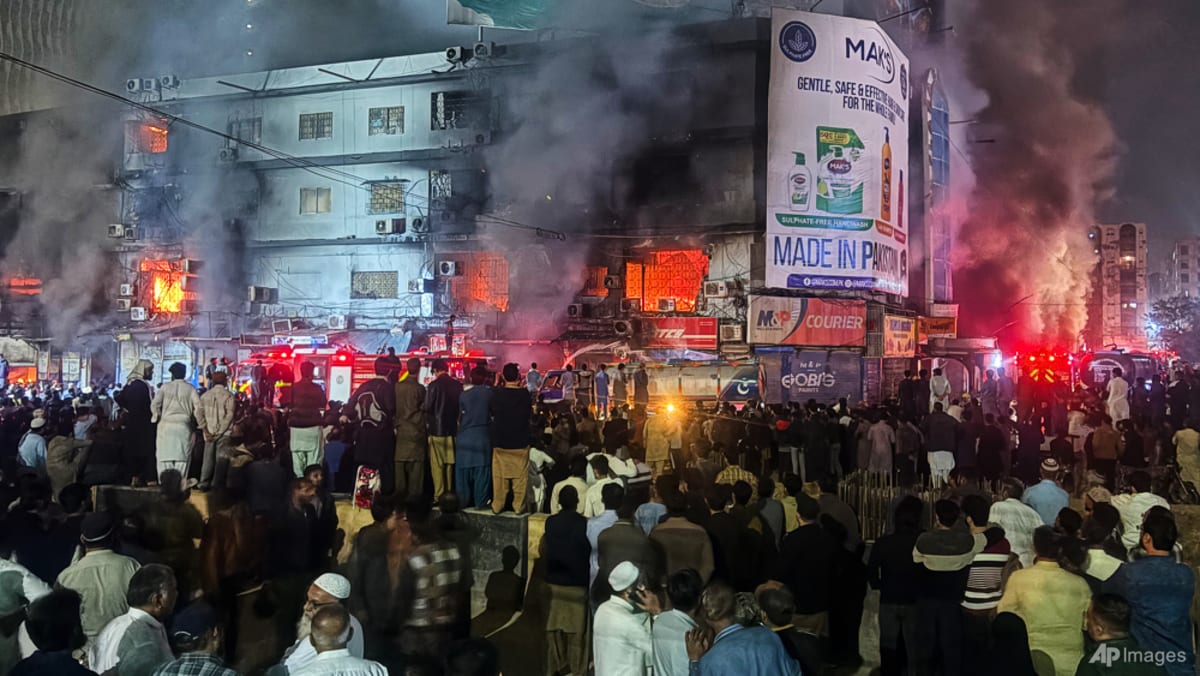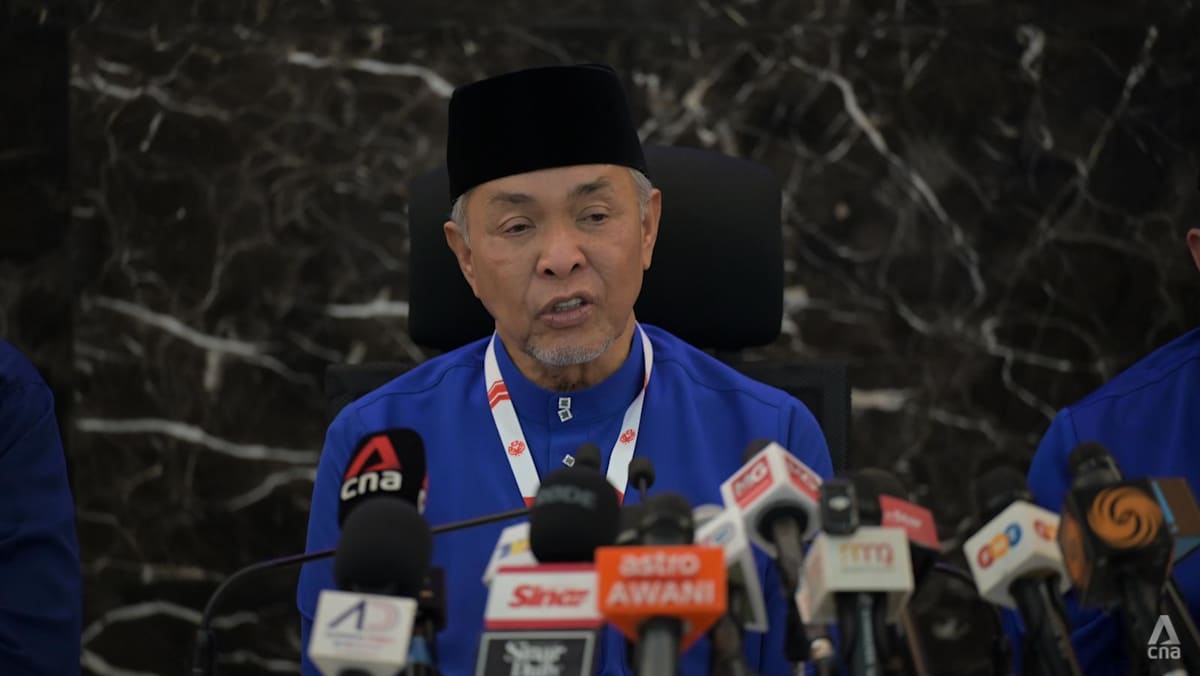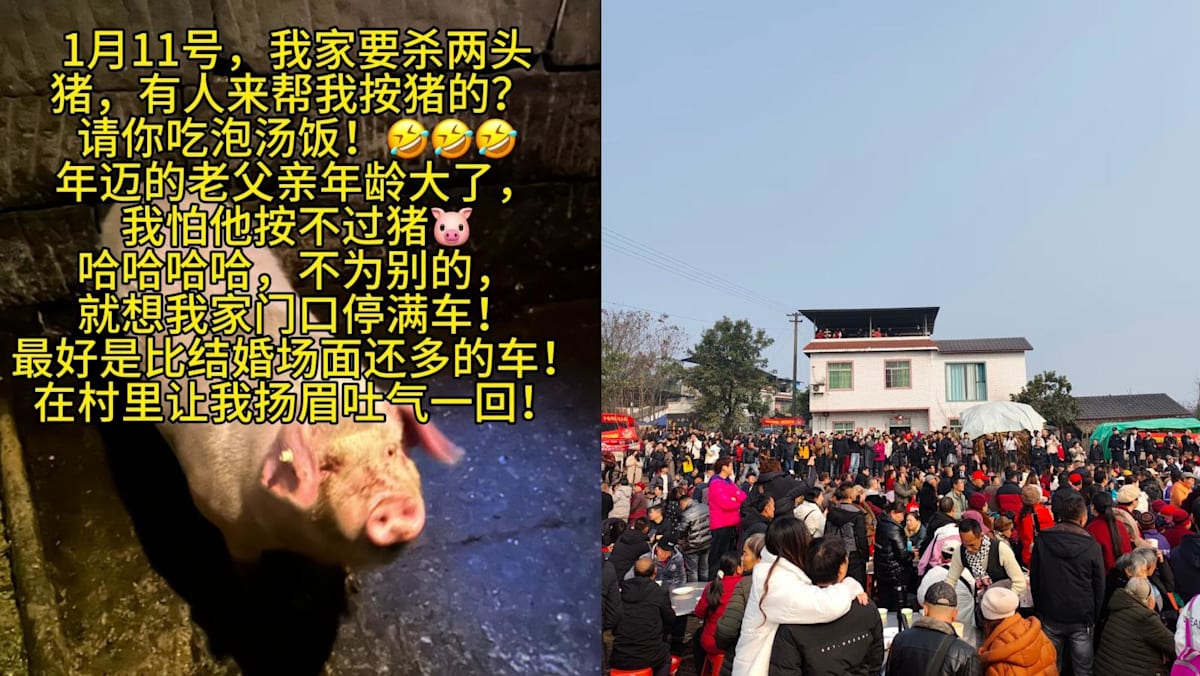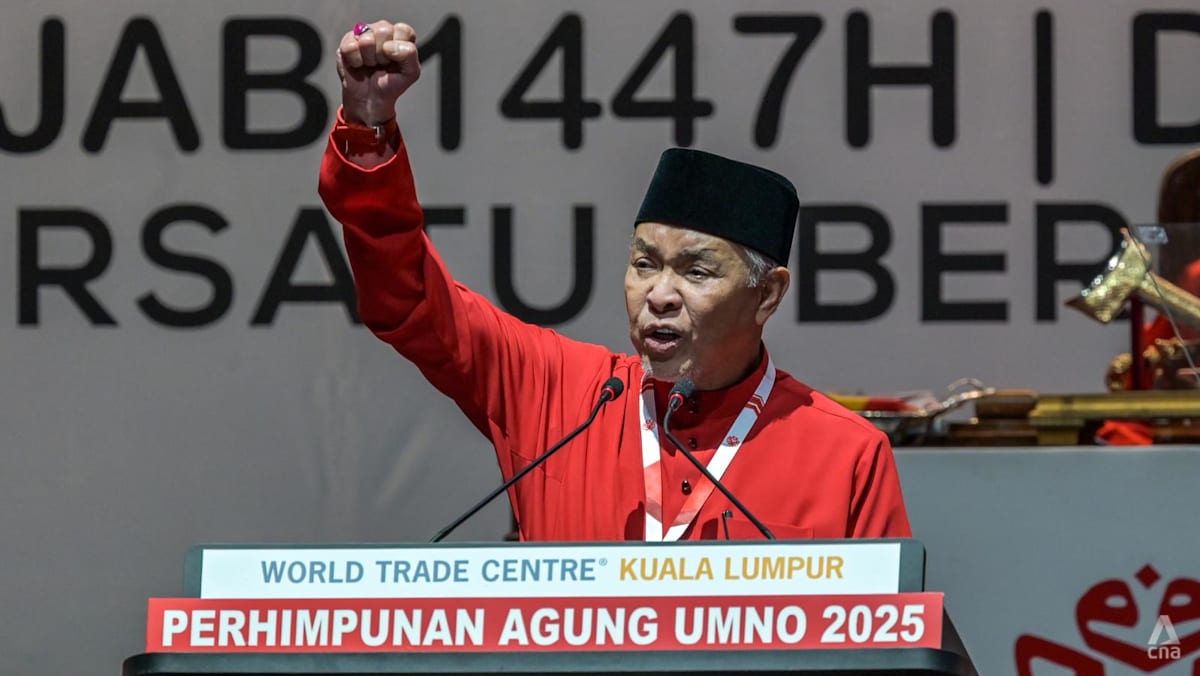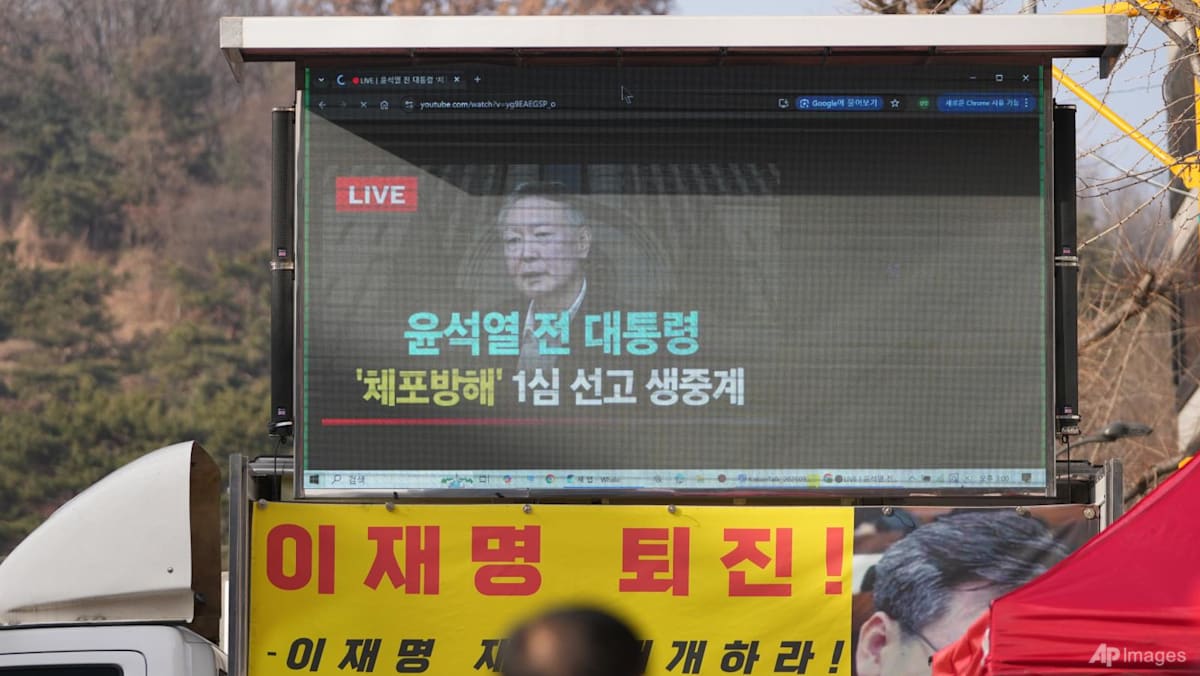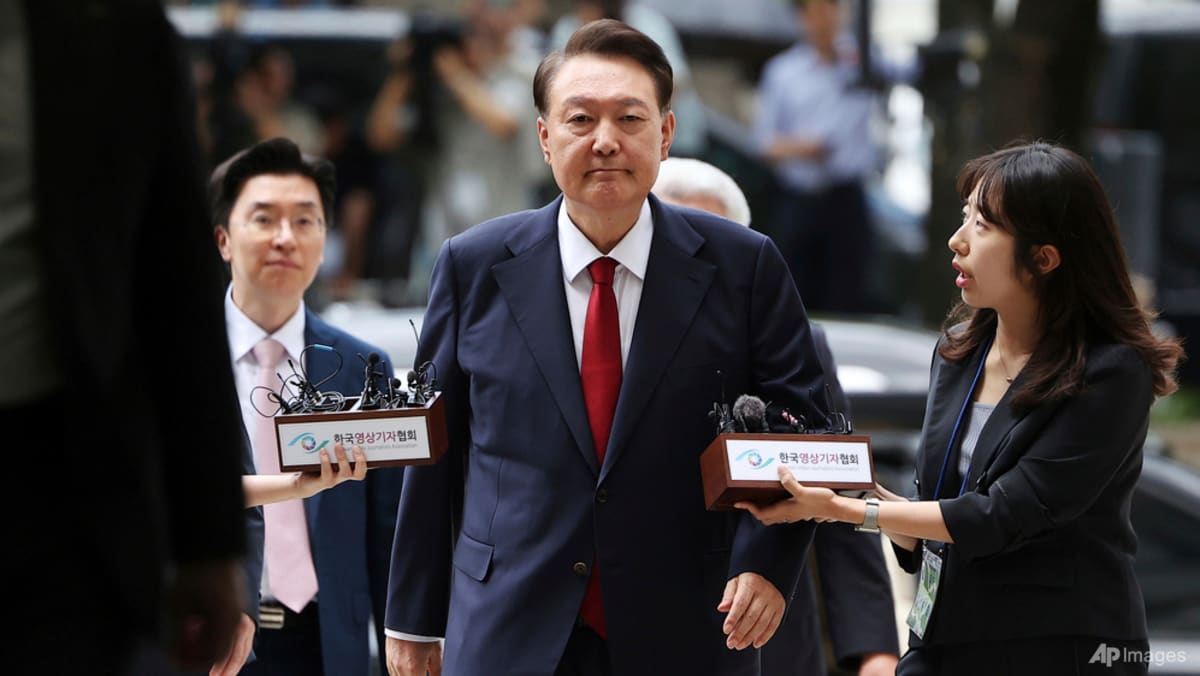Commentary: What does China hope to achieve from peace plans for Saudi-Iran, Russia-Ukraine and Afghanistan?
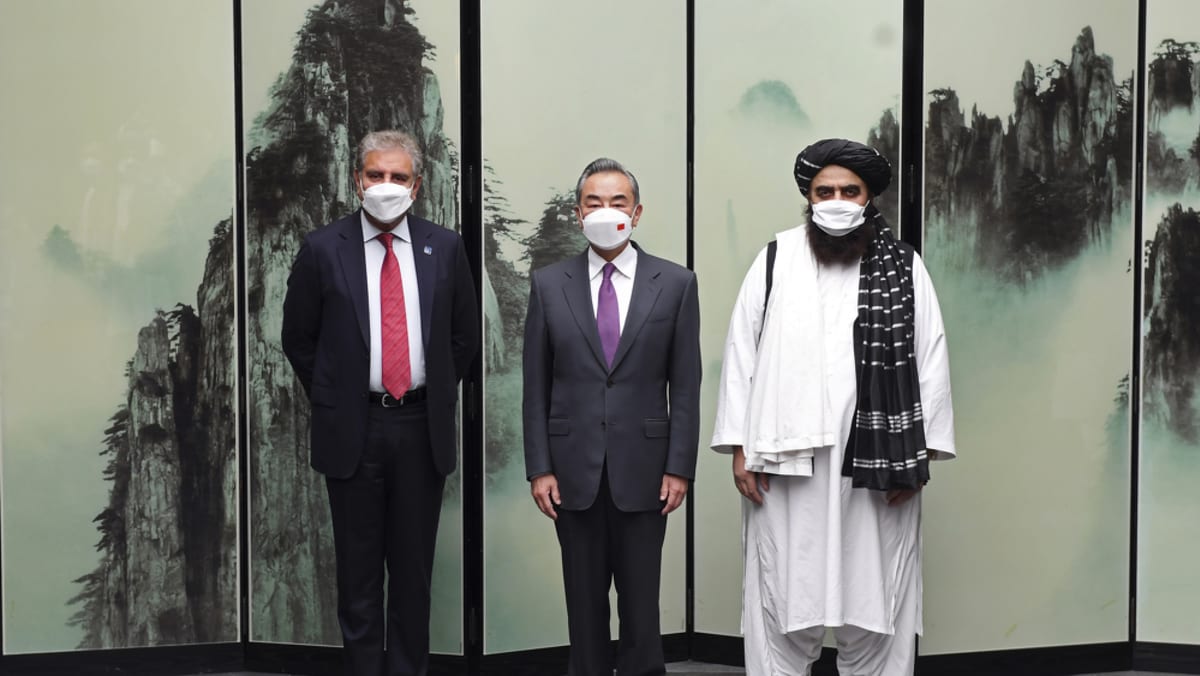
The force of these more interventionist points is otherwise thoroughly neutered. The paper denounces the “enormous losses” caused by attempted “democratic transformation”, while declaring Beijing’s respect for Taliban rule, cynically couched as the “independent choices made by the Afghan people”.
These statements are combined with professions of categorical respect for Afghanistan’s sovereignty, and a disavowal of “external interference” and “unilateral sanctions”. A special mention is given to the freezing of Afghan Central Bank holdings, which Beijing, with some justification, notes are undermining Afghanistan’s humanitarian situation.
The tenor of the position paper makes clear that China’s priority remains counterterrorism, specifically combatting the Uyghur separatist East Turkestan Islamic Movement (ETIM). Blandishments offered in exchange for Taliban suppression of ETIM include counterterrorism assistance, “reconstruction”, and sizeable infrastructure investment.
This is essentially a reprisal of the carrot and no sticks formula that Beijing has offered the Taliban since the US withdrawal in August 2021. Both sides have arguably failed to deliver. China has only very recently announced its first sizeable Afghan investment. According to a 2022 UN Security Council Report, despite some Taliban efforts at restraint, ETIM has otherwise “rebuilt several strongholds”, purchased weapons and “expanded its area of operations”.
CONSERVATIVE STANCE
A keen student of the failure of successive foreign interventions in Afghanistan, China remains extremely wary of entanglement in Afghanistan. Even if China’s calculus were to change, Beijing’s scope for intervention would likely be hidebound by its extensive rhetoric on the primacy of sovereignty, and opposition to sanctions and foreign interference.
Source: CNA


